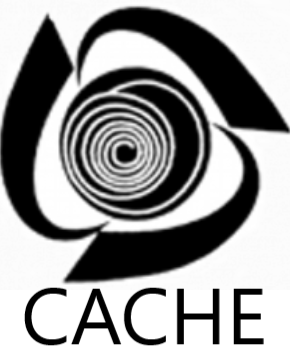This screencast describes what information is available on LearnChemE’s FE and PE Exam Review pages.
About the PE Chemical Exam:
The PE Chemical exam is a computer-based test. Visit the NCEES PE Chemical exam website or the NCEES YouTube channel for details. The 9-hour PE Chemical exam consists of 80 questions over these topic areas: mass/energy balances; thermodynamics; heat transfer; chemical reaction engineering; fluids; mass transfer; and plant design and operation.
Learn Studying Skills:
- How to Study: Part 1 – suggestions on how to study based on the psychology literature on learning: part 1 discusses practice testing.
- How to Study: Part 2 – suggestions on how to study based on the psychology literature on learning: part 2 discusses distributed practice and interleaved practice.
- How to Study: Part 3 – suggestions on how to study based on the psychology literature on learning: part 3 discusses how to improve retention and what approaches to avoid.
- How to Study using Screencasts – suggestions on how to study using screencasts based on the psychology literature on learning.
- How to Study and Take Exams – PDF discussing study techniques
PE Chemical Exam Studying Resources:
Screencasts, interactive simulations, and self-study modules listed by exam topic:
Mass/energy balances (12-18 questions)
Mass Balances - no reaction
Mass Balances - with reaction
Energy Balances - no reaction
Energy Balances - with reaction
Thermodynamics (11-17 questions)
Basic Thermo - State functions
Basic Thermo - 1st and 2nd laws
Basic Thermo - Power cycles
Chemical Equilibria - Reaction equilibria
Chemical Equilibria - Temperature and pressure dependence
Phase Equilibria - Ideal systems
Phase Equilibria - Nonideal systems
Phase Equilibria - Phase equilibrium applications
Heat transfer (9-14 questions)
Fundamentals - no phase change
Fundamentals - phase change
Applications - Heat exchange equipment design
Applications - Heat exchange equipment analysis
Chemical Reaction Engineering (6-10 questions)
Fundamentals - Rate equation
Fundamentals - Yield and selectivity
Applications - Conversion in reactors
Applications - Heat effects in reactors
Fluids (10-16 questions)
Fundamentals - Mechanical energy balance
Fundamentals - Incompressible flow
Fundamentals - Compressible flow
Applications - Pumps, compressors, turbines, fans, and blowers
Mass transfer (7-11 questions)
Fundamentals - Modes of mass transfer
Fundamentals - Staged separations
Applications - Distillation
Applications - Gas-liquid operations
Applications - Other separations
Plant Design and Operation (15-23 questions)
Design - Process Design
Design - Materials of construction
Design - Process equipment design
Design - Instrumentation and process control



